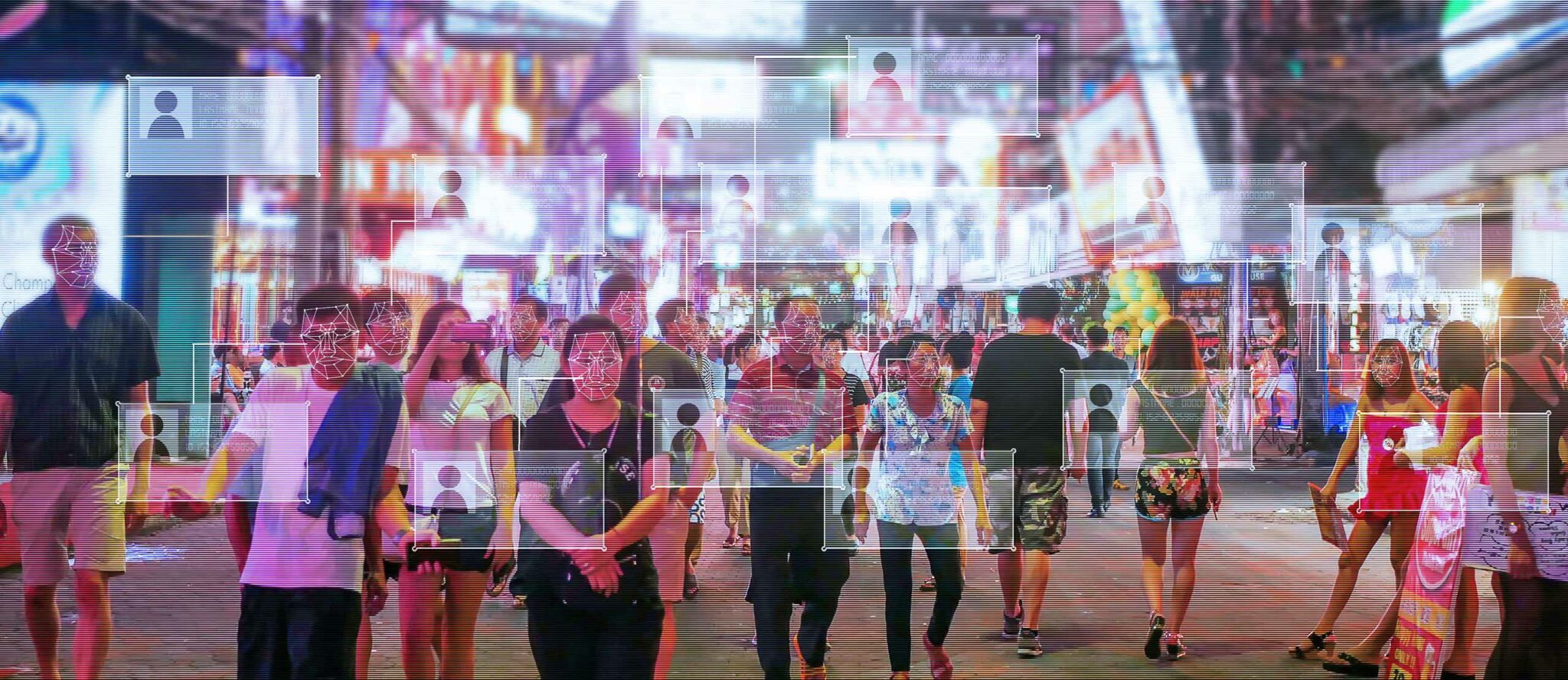
The Master’s Degree in Critical criminology and social securityprepares those who want to deepen their professional or academic knowledge in the sociological, criminological, psychological, legal and anthropological field.
The course adopts a deconstructionist approach related to the main theoretical frames of criminology, sociology of deviance, and analysis of criminal law, through a multi-sectional approach with a series of insights on current topics.
The Master’s degree in Critical Criminology and Social Security provides critical knowledge on deviant phenomena and criminalization processes related to certain people and categories of individuals. Furthermore, it develops alternative perspectives to traditional punitive and security models, in theory and in practice.
The course program of the Master in Critical Criminology and Social Security refer to the main theoretical frameworks of criminology, deviance sociology, and criminal law analysis, with specific focus on control devices and power relationships in our society, through an intersectional approach. Particular attention is reserved to petty crime, the relationship between immigration and deviance, under-age and female deviance, gender violence, environmental crimes, prison overcrowding, new forms of relationship with drugs, and the interpretation of feelings of insecurity.
Furthermore, it develops alternative perspectives to traditional punitive and security models, in theory and in practice.
The Master’s degree in Critical Criminology and Social Security is addressed both to students who wish to pursue a sociological, criminological, psychological, juridical or anthropological academic path, and to those who wish to work for public and third-sector bodies in the areas of conflict prevention and mediation, distress, deviance and criminality.
By critically assessing penal and criminal policies, and focusing on repression and prevention strategies being alternated and on intervention policies, the course can strengthen the work skills in many fields, such as those dealing with prison conditions, penal mediation, under-age deviance, gender violence, urban security, drug addiction, prostitution, migrant reception, and many more.
The set of skills and competences provided prepare students to undertake further course and research paths, and to take on jobs that entail an interaction with deviance, marginality and social exclusion phenomena, and with subjects placed in contexts marked by conflict, segregation, violence and criminalization
The Master in Critical Criminology and Social Security provides training on:
- Crime theories and critique of criminal law
- Critical criminology and intersectionality
- Migratory policies and criminalization processes
- Security and governance in territories
- Prison, legal system and criminal enforcement sociology
- Gender violence and criminalization/victimization processes
- Social and criminal institution psychology
- Victimology and criminal mediation
- State crimes and “suits” crimes
- Restorative justice
- Green criminology
- Border criminology
- Drug addiction and consumption style
- Police sociology
- Criminology and neurosciences
- Media sociology
The Master in Critical Criminology and Social Security works and cooperates with the Departments and Research Groups of other Universities, and it is involved in multiple study and research projects, in the legal, sociological, anthropological, criminological and socio-psychological fields. Amidst the wide network of partnerships and cooperations, the Master helps to liven up and implement the innovative project of Prison Universities, increasingly widespread at national level. Moreover, it works in close connection with important magazines, such as “Studi sulla Questione Criminale”, on criminology and deviance sociology, and has been involved for many years in research projects and theoretical/empirical analyses with several Universities, such as those of Turin, Rome and Milan, on topics ranging from criminal law, prison and prisoner rights, urban security, border criminology, green criminology, and feminist criminology.
Also, it is part of important European projects, such as the “European Group for the Studies of Deviance and Social Control” network and the “GERN” project, since their beginning. Within the Fisppa Department of the University of Padua, it regularly cooperates with the “SLANG” research group, to organize studies, empirical researches, workshops and conventions
The Master in Critical Criminology and Social Security has accrued a wide network of relationships and virtuous cooperations with public, third-sector, local and national institutions. These interactions, often expressed in the form of partnerships, have promoted both the option of offering prestigious stages, and the opportunity to relate and enter the labour force, by implementing the skills and tools provided.
The Master includes a 250-hour traineeship in one of the many public and third-sector institutions affiliated with it. Those who are not interested in completing the traineeship can complete a “project work”, with the help of a Tutor assigned to each student.
Some of the many partner institutions include:
- Forum italiano per la sicurezza urbana (FISU)
- Associazione Mimosa
- Spazio Stria, Associazione Open Gates
- Centro di documentazione ed inchiesta sulla criminalità organizzata in Veneto (CIDV)
- Istituto ricerche popolazione e politiche sociali (IRPPS-CNR)
- Associazione Antigone
- Ufficio locale di esecuzione penale esterna (UEPE)
- Cooperativa Orizzonti
- Avvocati di strada
- Garante nazionale delle persone private della libertà personale
- Centro per la mediazione sociale e penale
- Cooperativa il Sestante
The general ranking of merit for the academic year 2025/26 will be published on the Italian page of this Master according to the timing provided in the Call.
Information
FAQ
Lessons will be held in 24 weekends, on Friday afternoon and on Saturdays (full day), 3 times a month. They will be held in dual mode; in-person lessons will be held at the Fisppa Department of the University of Padua.
Yes. To meet the multiple needs of our attendees, we deemed appropriate to carry out the lessons in dual mode. They will be held in person in Padua, at the Fisppa Department, and there will also be the option for distance learning through the Zoom platform.
For the next 2025-2026 edition, there will be no scholarships. In order to get access to certain forms of facilitation, we recommend calling the UniPD call centre, at +39 049 827 3131, to get in touch with the Student Office, Facilitation Section. There are some forms of facilitation, such as the “study prizes”; to know more, see: https://www.unipd.it/premi-studio-laureati. There is also the option of requesting an interest-free loan, with UniPD as guarantor; for the requirements, see: https://www.unipd.it/prestiti-per-merito
The Master includes a 250-hour traineeship at one of the many affiliate public and tertiary institutions. If you are not interested in doing the traineeship, you can draft a “project work” with the help of a Tutor assigned to each attendee.
At the end of the course, all attendees are required to draft and discuss a final dissertation on the topics covered, with the constant support of a tutor selected among the Master’s staff.

